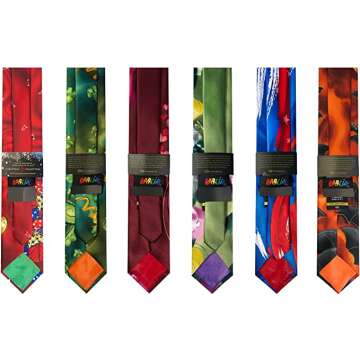A Pivotal Case in First Amendment Rights
On February 24, 1988, the United States Supreme Court delivered a unanimous verdict in the landmark case Hustler Magazine v. Jerry Falwell, which significantly shaped the principles of free speech and parody under the First Amendment. This case arose after Hustler Magazine published a satirical advertisement featuring Jerry Falwell, a well-known religious leader and television evangelist, in a compromising and absurd scenario. Falwell filed a lawsuit against the magazine for emotional distress, claiming that the parody was not merely humorous but defamatory.
The Supreme Court's decision ultimately ruled in favor of Hustler Magazine, asserting that public figures must have a higher threshold for proving emotional distress claims resulting from parodies or satire. This ruling emphasized the necessity of protecting freedom of expression, especially in the context of political and social commentary, providing a shield against lawsuits that could stifle such freedoms.
The Importance of Satire in Society
The case hinged on the distinction between traditional defamation and satirical expression. The justices recognized that satire plays a vital role in society, often providing commentary and critique on public figures and institutions. The ruling underscored that humorous representations—even in an exaggerated or offensive manner—are vital to the marketplace of ideas protected by the First Amendment, fostering a more open and robust discourse.
Impact on Public Figures and Free Speech
The implications of the Supreme Court ruling extended beyond this particular case, serving as a precedent for future disputes between public figures and media outlets. Following Hustler Magazine v. Falwell, it became clear that the protection against emotional distress claims was broad, ultimately paving the way for greater freedom of speech. This decision fortified the argument that public figures, by entering the public domain, expose themselves to hyperbole and satire, reinforcing the societal value of such expressions.
The Aftermath of the Supreme Court's Decision
In the wake of this significant ruling, many media personalities and outlets felt a renewed sense of confidence in utilizing humor and parody to critique public figures without the fear of legal repercussions. The decision not only protected the rights of media but also encouraged a vibrant culture of satire that has continued to evolve in American society.
Jerry Falwell's Response
Despite the unanimous ruling not being in his favor, Jerry Falwell continued to assert his position as a public figure, ultimately using the outcome to express the need for stronger protections of religious leaders against ridicule. His stance sparked debates about the role of religious figures in public discourse, showcasing how the impacts of this case were felt not just legally, but culturally.
Continued Relevance in Current Times
The principles established by the Supreme Court in 1988 remain critical in today's discussions around free speech and parody. As social media and platforms amplify the reach of satire, the Hustler Magazine v. Jerry Falwell case serves as a foundation in defending the delicate balance between protecting individuals and upholding the importance of free expression.
Fun Fact
The Power of Parody
A unique aspect of this case is that it highlighted not just the legal ramifications but also the cultural significance of parody in American society. Humor often reflects societal values and challenges, making it a contemporary tool for political and social change.
Additional Resources
Recommended Reading on Hustler Magazine v. Falwell
For those interested in delving deeper into this case and understanding its broader implications, consider reading "First Amendment: An Ideal that has a Future" and "Parody and Freedom of Speech: An Overview".



















 Continue with Google
Continue with Google